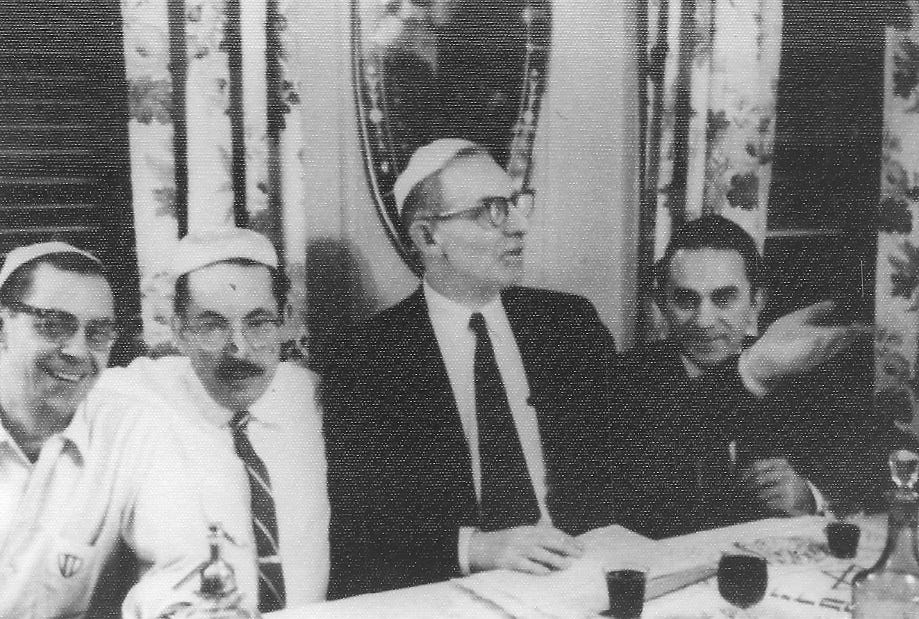Bringing Home the Bread

The First Best Thing my father ever came home with after work was, by far, a Ford Granada. It was powder blue, four doors, with a white vinyl top, and when I hopped on the kitchen counter to peek out the window that overlooked our driveway, I remember saying to myself, Is this real? Did my father just pull into our home with a new car? No matter that t…




